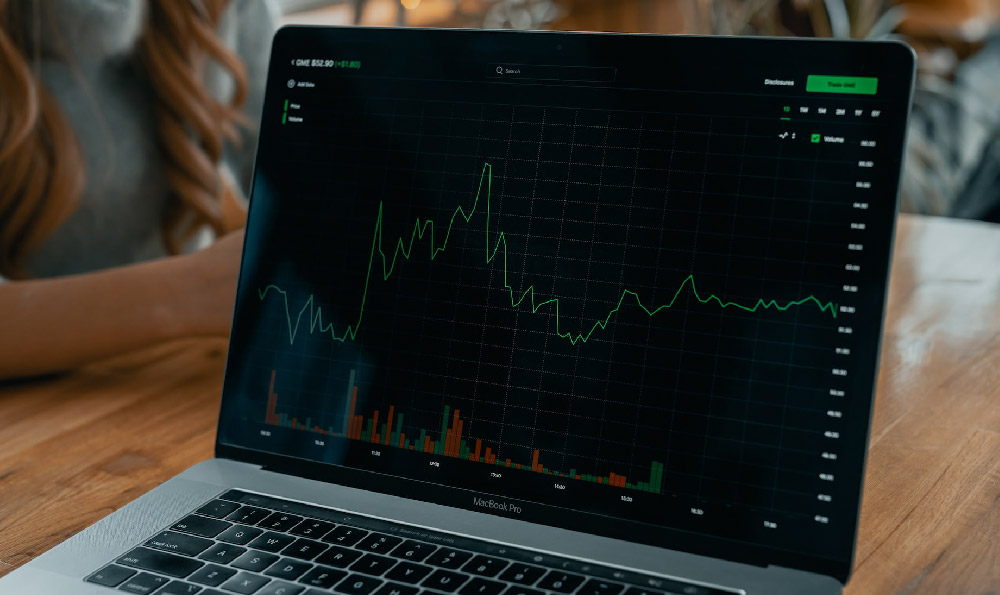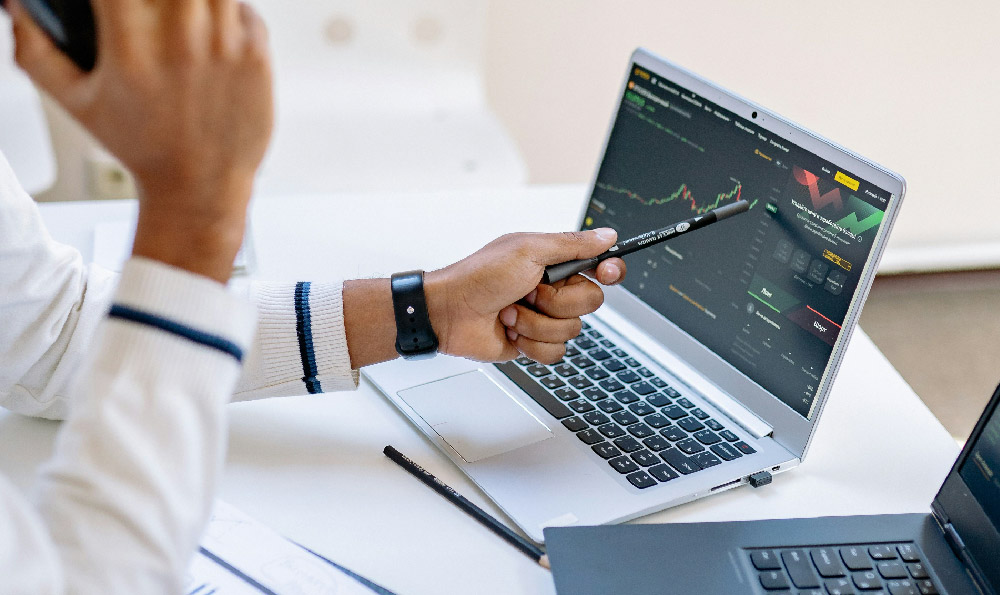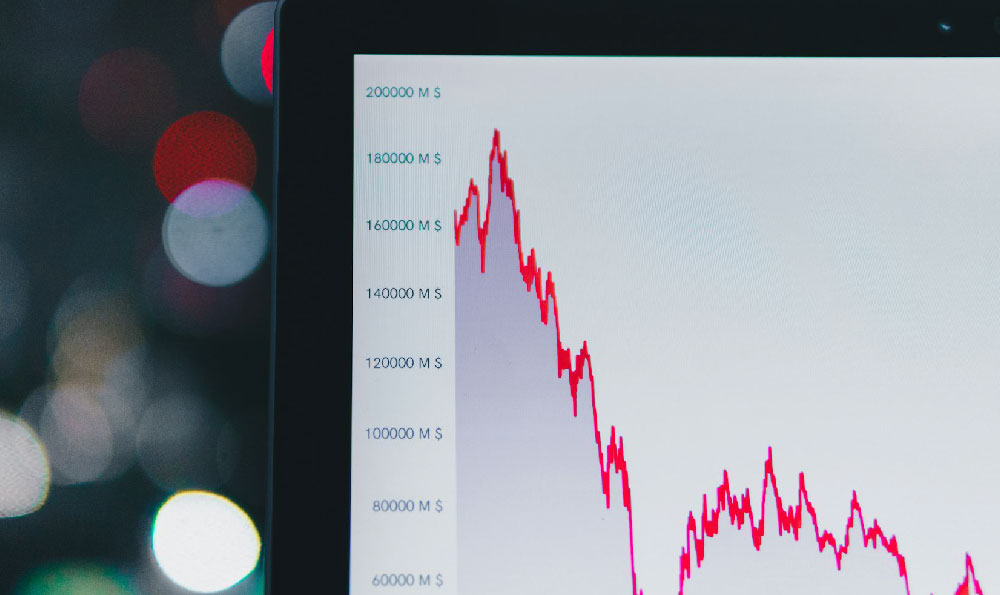Is Bitget Safe? Is Bitget a Trustworthy Crypto Exchange Platform? Navigating the crypto landscape requires careful consideration of platform security and trustworthiness. Bitget, a prominent cryptocurrency exchange, has garnered both attention and scrutiny. This article delves into the security measures, user experiences, and regulatory compliance of Bitget to help you assess its safety and trustworthiness.
Understanding Bitget: A Brief Overview
Bitget is a cryptocurrency exchange platform that offers a range of services, including spot trading, futures trading, and copy trading. Founded in 2018, it has quickly grown to become a significant player in the crypto exchange market. Its global presence and diverse offerings attract a wide range of users, from novice traders to experienced investors.

Security Measures Implemented by Bitget
Bitget employs a multi-faceted approach to security, aiming to protect user funds and data from unauthorized access and cyber threats. Some of the key security measures include:
-
Cold Storage: A significant portion of user funds are stored in cold storage, meaning they are kept offline and away from potential hacking attempts. This is a standard practice in the industry to minimize the risk of asset loss.
-
Two-Factor Authentication (2FA): Bitget strongly encourages users to enable 2FA for their accounts. This adds an extra layer of security by requiring a second verification code from a user's device in addition to their password.
-
SSL Encryption: Secure Socket Layer (SSL) encryption is used to protect data transmitted between users' devices and Bitget's servers, preventing eavesdropping and data interception.
-
Anti-DDoS Protection: Bitget implements measures to mitigate Distributed Denial-of-Service (DDoS) attacks, which can disrupt platform operations and potentially expose vulnerabilities.
-
Regular Security Audits: Bitget undergoes regular security audits by reputable third-party firms. These audits assess the platform's security infrastructure and identify potential weaknesses.
User Experience and Reputation
User reviews and testimonials provide valuable insights into the trustworthiness of a platform. While some users praise Bitget for its user-friendly interface, wide range of trading options, and responsive customer support, others have raised concerns about withdrawal issues, KYC verification delays, and occasional glitches on the platform. It's important to note that experiences can vary, and it's crucial to consider a wide range of perspectives when forming an opinion.
Regulatory Compliance and Jurisdictional Considerations
Bitget operates in a global regulatory landscape that is constantly evolving. The exchange has taken steps to comply with regulations in various jurisdictions, including obtaining licenses and implementing Know Your Customer (KYC) and Anti-Money Laundering (AML) procedures. However, the regulatory status of cryptocurrency exchanges can change, and it's important for users to be aware of the regulations in their own jurisdiction.
Bitget Copy Trading: A Double-Edged Sword
Bitget's copy trading feature allows users to automatically replicate the trades of experienced traders. While this can be appealing to novice traders who want to learn from experts, it also carries significant risks. It's crucial to carefully vet the traders you choose to copy and understand their trading strategies and risk tolerance. Copy trading should not be seen as a guaranteed path to profit, and it's essential to manage your risk appropriately.
Potential Risks and Red Flags
Despite the security measures implemented by Bitget, certain risks and potential red flags should be considered:
- Hacking Risks: Cryptocurrency exchanges are always potential targets for hackers. While Bitget has security measures in place, there is always a risk of a successful attack.
- Regulatory Uncertainty: The regulatory landscape for cryptocurrencies is still evolving, and changes in regulations could impact Bitget's operations and the value of cryptocurrencies.
- Counterparty Risk: When trading on an exchange, you are exposed to counterparty risk, which is the risk that the other party in a trade will default on their obligations.
- Market Volatility: The cryptocurrency market is highly volatile, and prices can fluctuate significantly. This volatility can lead to substantial losses for traders.
Tips for Safe Trading on Bitget
Regardless of the exchange you choose, it's essential to follow these tips for safe trading:
- Enable Two-Factor Authentication (2FA): Always enable 2FA for your account to protect it from unauthorized access.
- Use Strong Passwords: Use strong, unique passwords for your exchange accounts and other online services.
- Be Wary of Phishing Scams: Be cautious of phishing emails and websites that attempt to steal your login credentials.
- Do Your Own Research (DYOR): Before investing in any cryptocurrency, do your own research and understand the risks involved.
- Start Small: If you are new to cryptocurrency trading, start with small amounts of money that you can afford to lose.
- Diversify Your Investments: Don't put all your eggs in one basket. Diversify your investments across different cryptocurrencies and asset classes.
- Use a Hardware Wallet: For long-term storage of cryptocurrencies, consider using a hardware wallet, which stores your private keys offline.
Conclusion: Is Bitget a Safe and Trustworthy Platform?
Determining whether Bitget is safe and trustworthy requires a nuanced assessment. While Bitget has implemented various security measures and strives for regulatory compliance, inherent risks associated with cryptocurrency exchanges and the volatile nature of the crypto market remain. User reviews offer mixed perspectives, highlighting both positive experiences and potential concerns.
Ultimately, the decision of whether to use Bitget depends on your individual risk tolerance, investment goals, and thorough research. It's crucial to weigh the potential benefits against the risks and take appropriate precautions to protect your funds and data. Remember to always prioritize security best practices, stay informed about regulatory developments, and never invest more than you can afford to lose.












